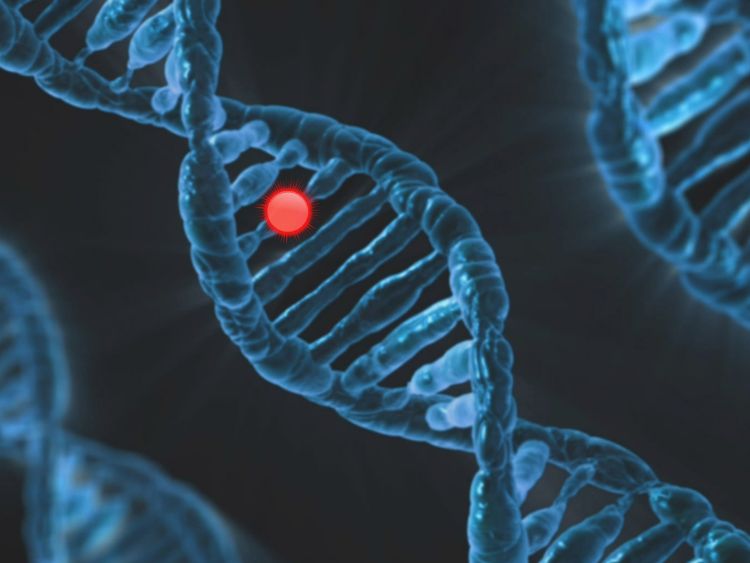Imagine having a map that doesn’t just guide you to your destination but also shows where the potholes are, ensuring a safer journey. That’s what colon cancer genetic testing offers in the realm of healthcare—a detailed map of your genetic makeup, highlighting the risks of colon cancer. In an era where personalized medicine is not just a buzzword but a tangible reality, understanding the ins and outs of genetic testing for colon cancer becomes crucial. This comprehensive guide dives deep into the subject, ensuring that by the end, you’re well-versed in what to expect, the benefits, and how it could potentially alter the course of your health journey.
Why is “Colon Cancer Genetic Testing” a Must-Know Topic?
Colon cancer remains one of the most preventable yet still prevalent cancers worldwide. The key to prevention? Early detection and understanding your risk. That’s where colon cancer genetic testing comes into play. It’s not just a test; it’s a doorway to understanding your body’s predispositions and how you can navigate them.
The Essentials of Colon Cancer Genetic Testing
Before we delve into the specifics, let’s brush up on the basics. Colon cancer genetic testing examines your DNA for specific inherited mutations that can increase your risk of colon cancer. These tests don’t tell you if you have cancer. Instead, they reveal the likelihood of developing it, allowing you and your healthcare provider to craft a personalized prevention or treatment plan.
Who Should Consider It?
- Individuals with a family history of colon cancer: Genetics play a hefty role, and history tends to repeat itself unless you intervene.
- Those with inherited syndromes: Conditions like Lynch syndrome significantly boost your colon cancer risk.
- Anyone interested in their genetic health landscape: Curiosity didn’t just kill the cat; it armed many with life-saving information.
Navigating the Process
- Consultation with a Healthcare Provider: It all starts with a conversation. Your doctor will evaluate your history and decide if the test is right for you.
- Choosing the Right Test: Not all tests are created equal. Your healthcare provider will recommend the most suitable one based on your specific risk factors.
- The Testing Procedure: Typically, it involves providing a sample of your blood, saliva, or tissue.
- Interpreting the Results: This is where the magic happens. Understanding the results can guide future medical decisions.
What Do the Results Mean?
- Positive: A higher risk doesn’t mean a cancer diagnosis is inevitable. It means you’re now equipped to take proactive steps.
- Negative: A sigh of relief, but not a free pass. Continue regular screenings and healthy lifestyle choices.
- Inconclusive: Sometimes, the map has unclear territories. Further testing and monitoring might be necessary.
Benefits of Knowing
- Tailored Screening Plans: Knowledge allows for more personalized and potentially effective screening strategies.
- Informed Lifestyle Choices: Understanding your genetic risk can motivate healthier lifestyle choices, reducing your overall risk.
- Peace of Mind: For many, knowing is better than wondering. The results can provide a sense of relief and control over one’s health.
FAQs on Colon Cancer Genetic Testing
Q: Is the test painful?
A: Not at all! It’s as simple as a cheek swab or a blood draw.
Q: How accurate are these tests?
A: Highly accurate, but not all mutations might be detected. It’s about reducing risk, not eliminating it.
Q: Will my insurance cover the cost?
A: Coverage varies. Many insurers cover testing if recommended by a healthcare provider.
Q: Can the results affect my insurance rates?
A: Thanks to laws like GINA, health insurers can’t use genetic information to set rates. However, this doesn’t apply to life insurance, long-term care, or disability insurance.
In Conclusion
Colon cancer genetic testing stands as a beacon of hope in the fight against cancer. It embodies the essence of modern medicine—prevention, personalization, and empowerment. While it’s not a crystal ball, it offers something perhaps more valuable: the power of knowledge. Armed with insights into your genetic risk, you can navigate your health journey with greater confidence and clarity. Remember, the path to prevention begins with understanding, and colon cancer genetic testing is your first step towards safeguarding your future.

